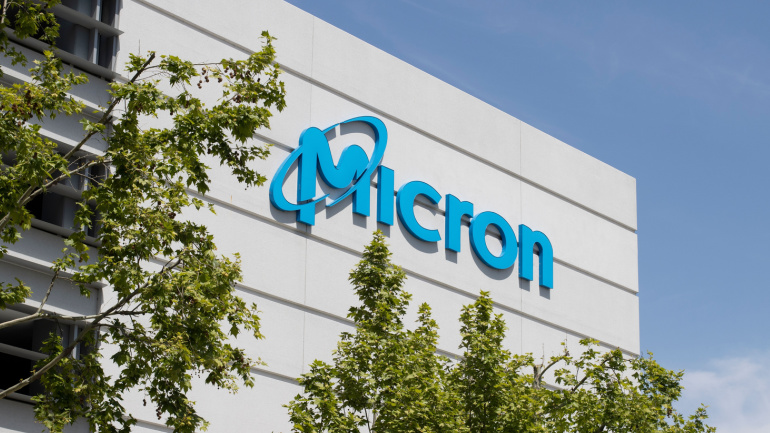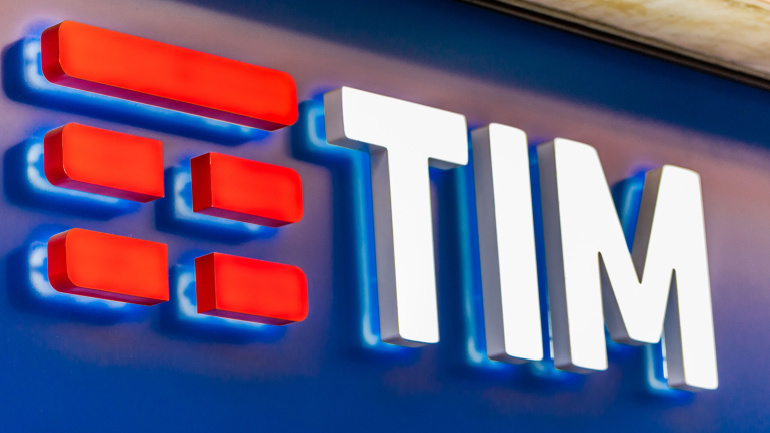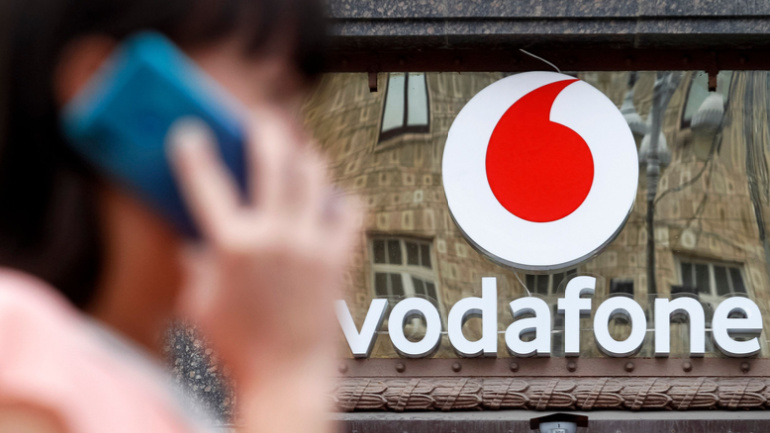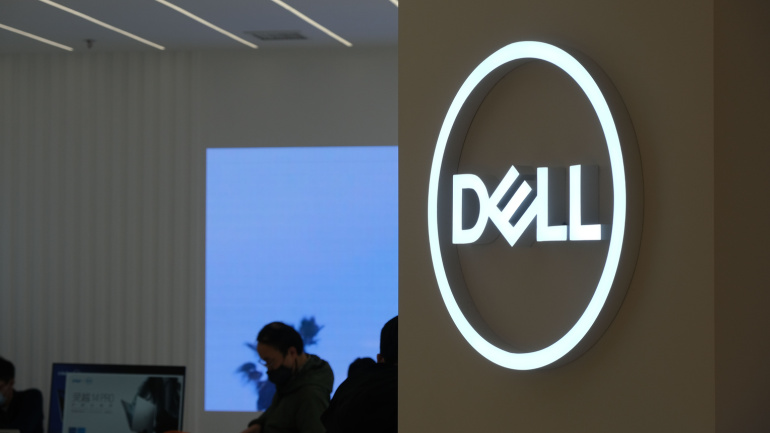The debate over charging content providers for carrying their traffic raises concerns as digital minister Volker Wissing praises open internet. Telecoms argue network investment, but implications of potential service withdrawals remain undiscussed.
Italy’s Ministry of Enterprise proposes €1.5 billion in support for the nation’s telecom sector, including tax breaks and funding for fiber upgrades, potentially revitalizing the struggling industry and fostering a competitive environment.
China sanctions US chipmaker Micron citing national security concerns, escalating tensions between the two nations. With implications for the IT and telecom sectors, alternatives may emerge from market leaders, fueling ongoing retaliation. How will this play out in the tech industry?
ITU’s ambitious fundraising initiative aims to connect least developed countries, targeting $100 billion by 2026. Managed by Partner2Connect, the project addresses the growing digital divide, as well as gender disparities in internet access, to promote global digital transformation.
Telecom operators worldwide tackle rising energy demands and stringent regulations by adopting renewables and innovative technologies. Transparency in green initiatives helps retain customers, while tailored energy strategies and efficient power systems promote sustainability in the industry.
New Zealand’s government collaborates with leading telcos Spark, 2degrees, and One to allocate 3.5-GHz spectrum for 5G services, improving mobile coverage nationwide. With funds supporting rural connectivity, both parties anticipate better service quality and seamless network access for users.
The CDP/Macquarie consortium reportedly withdrew their bid for TIM’s NetCo, leaving KKR as the sole contender. The uncertain outcome hinges on satisfying major shareholder Vivendi’s valuation expectations and resolving potential antitrust concerns, with a complex road ahead.
Vodafone’s new CEO unveils a strategic plan targeting financial revitalization, including cutting 12% of its global workforce to streamline operations. Amid disappointing earnings and stagnant growth, can the company regain competitiveness with this bold approach?
Dell invests €2 million in Ireland’s Open Telecom Ecosystem Lab, aiming to collaborate with EMEA telecom firms on 5G and 6G innovations, boosting smart manufacturing and digital cities while promoting opportunities in network infrastructure.
Amid global economic transformation, network technologies hold vital importance as businesses prioritize cost-saving cloud computing and greener power consumption. Focusing on enhancing customer experiences impacts the development of the metaverse, enabling smart cities and new monetization opportunities. Connectivity, as a critical component, drives sustainable growth across industries.













